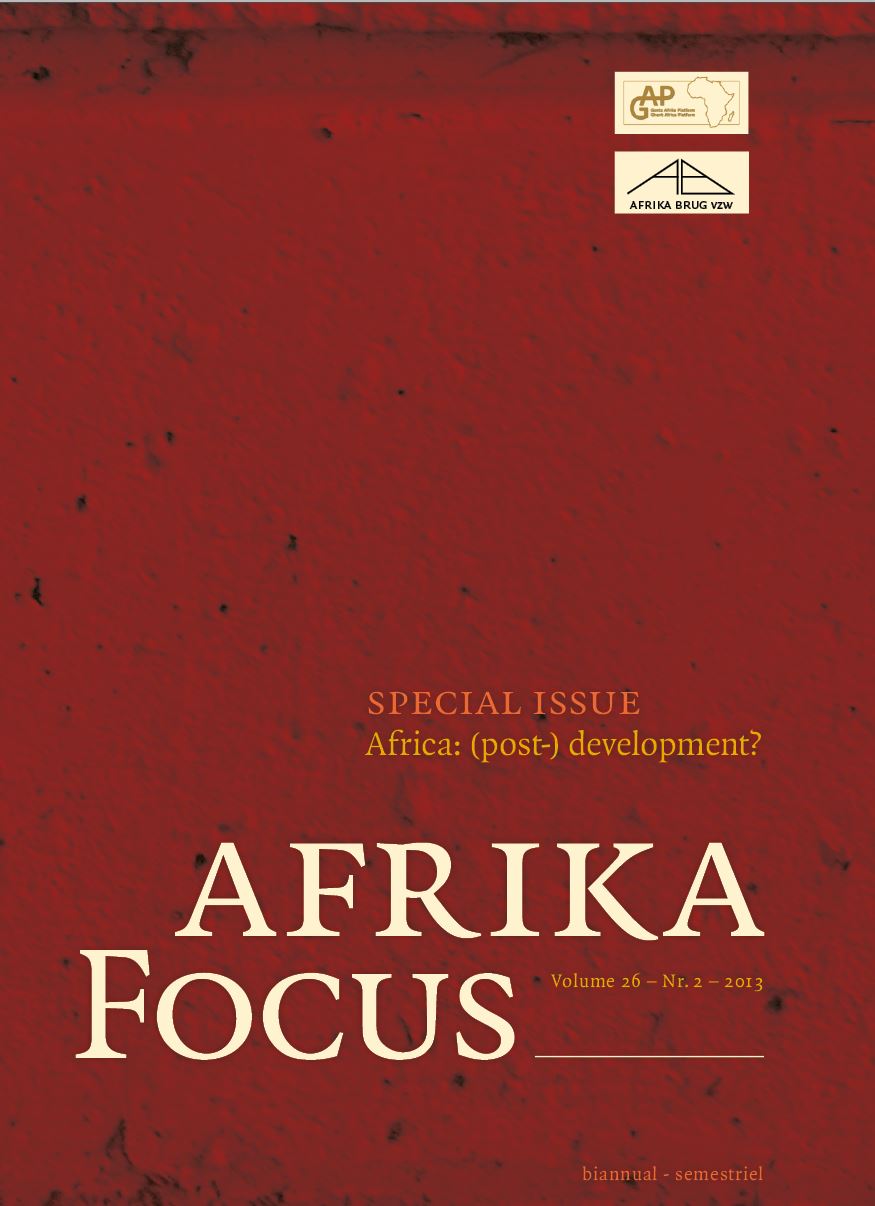Gender equality in European Union development policy: incorporating women’s voices or confirming hierarchies?
DOI:
https://doi.org/10.21825/af.v26i2.4909Abstract
This paper examines gender mainstreaming in European Union (EU) development aid towards Sub-Saharan Africa. The aim is to detect how gender (in)equality in Sub-Saharan Africa is framed by the EU by critically assessing the nature and range of the differences between EU and civil society framings of gender (in)equality in Sub-Saharan Africa. Using the method of Critical Frame Analysis, 28 EU programming documents have been analysed and compared to 10 civil society texts on gender equality. I conclude that the EU’s approach to gender mainstreaming in its development aid towards Sub-Saharan Africa is to a large extent integrationist and predominantly instrumentalist as it is framed as a way of more effectively achieving existing policy goals. The more transformative issues that are put forward by Sub-Saharan African civil society organisations do not t within the EU’s dominant development paradigm that is focused on achieving the Millennium Development Goals and does not signficantly challenge gender relations or power structures. The gap between the analysed civil society views and those expressed by the EU can be explained by the EU’s reluctance to include in its policy drafting the promotion of gender equality by civil society organisations. Moreover, the gap seems to have both practical and ideological grounds. Key words: gender equality, European Union, Sub-Saharan Africa, development policy, civil society, millennium development goals, critical frame analysisDownloads
Published
How to Cite
Issue
Section
License
Authors who publish with this journal agree to the following terms
Authors retain copyright and grant the journal right of first publication with the work simultaneously licensed under a Creative Commons Attribution License that allows others to share the work with an acknowledgement of the work's authorship and initial publication in this journal.
Authors are able to enter into separate, additional contractual arrangements for the non-exclusive distribution of the journal's published version of the work (e.g., post it to an institutional repository or publish it in a book), with an acknowledgement of its initial publication in this journal.
Authors are permitted and encouraged to post their work online (e.g., in institutional repositories or on their website) prior to and during the submission process, as it can lead to productive exchanges, as well as earlier and greater citation of published work (See The Effect of Open Access).


